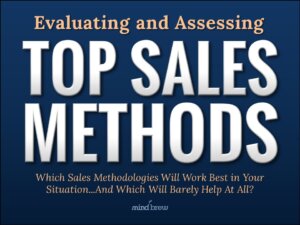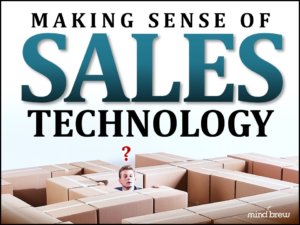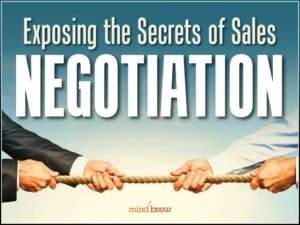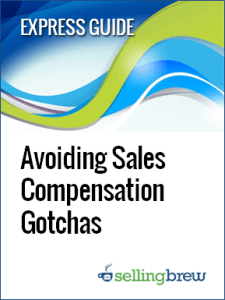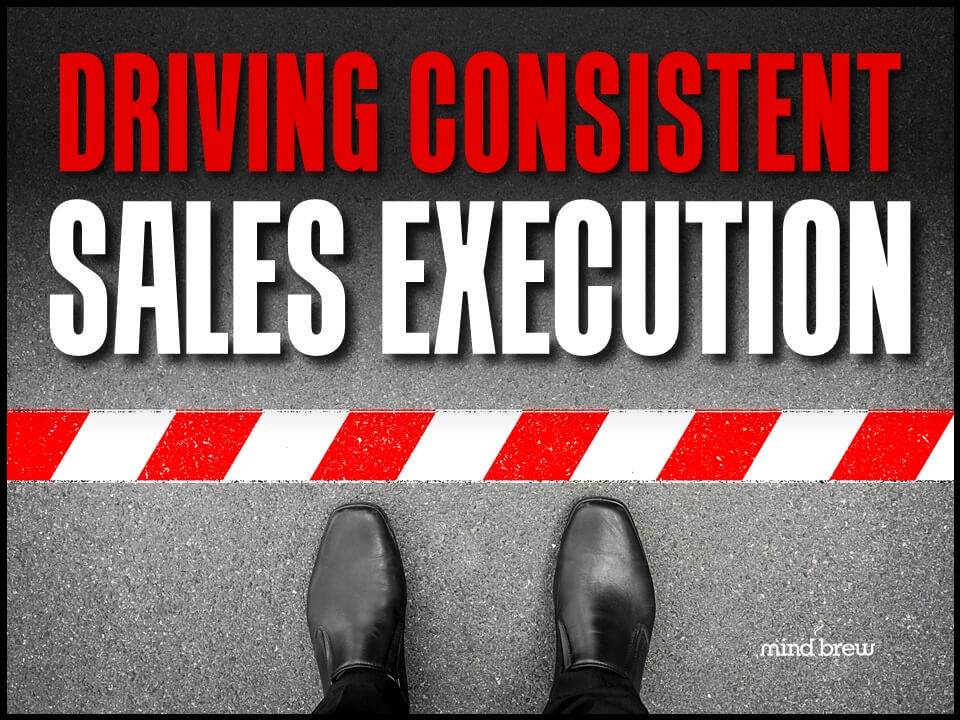When companies get serious about improving their sales performance, they often start by bringing a little method to the madness — literally. They decide to adopt a particular sales methodology in the hopes that it will bring some consistency to the team and (hopefully) increase revenue and margins.
So they immediately start looking around at all the options. Maybe they consider Solution Selling, SPIN Selling, Challenger Sale, Value Selling, and a couple of others.
Very quickly the conversation devolves into a discussion of opinions. Maybe the sales manager used a particular methodology at a different company, and it worked great. But maybe someone else used that methodology somewhere else and hated it.
And things go downhill from there.
If you want to avoid this situation, you need some objective criteria for selecting a methodology that suits your particular circumstances. That process begins by considering what kind of demand you are selling into.
Most organizations never consider this question when they are selecting a methodology. But in our opinion, it is the most critical step in the process. You see, every sales methodology out there is best suited to one of the two types of demand:
- Explicit demand is when your customers know that they need what you are selling. They are going to buy something from someone — the only question is who they are going to buy it from. For example, imagine you sell adhesive bandages to doctor’s offices. They know that they need bandages for when someone gets a shot or cuts a finger. Your job is to convince them to buy your bandages instead of the competition because yours are better colors or have the best characters or are stickier or cost less or are differentiated in some other way.
- Latent demand is when your customers don’t yet know that they need what you are selling. They have a definite need that your product can address, but your product is so new or so different that they have never considered purchasing it. To continue with our earlier example, imagine your company has invented a new kind of ray gun that immediately seals cuts with no pain and no need for a bandage. Since the doctors’ have never seen anything like this before, you’re going to need to convince them that it works, that their patients will appreciate it, and that it’s worth the money. If you do that, they’ll probably purchase from you.
Clearly, if you have explicit demand, you don’t want to choose a sales methodology that spends a lot of time convincing customers that they need what you are selling. Conversely, if you have latent demand, you don’t want to choose a sales methodology that spends all its time pointing out how the features of your product are better than a competing product. In this case, you probably don’t even have any competition.
This might seem obvious, but all too often, companies pick exactly the wrong kind of sales methodology for the type of demand that they have.
We cover this idea in more detail, and we examine some additional criteria and tips in the webinar on Evaluating Top Sales Methods. If you’re currently considering adopting a new methodology, we highly recommend watching through this webinar beforehand so that you avoid making a costly mistake.
Adopting a sales methodology can be a really effective way to improve your sales. Just make sure you are choosing a methodology based on criteria other than personal opinions.

